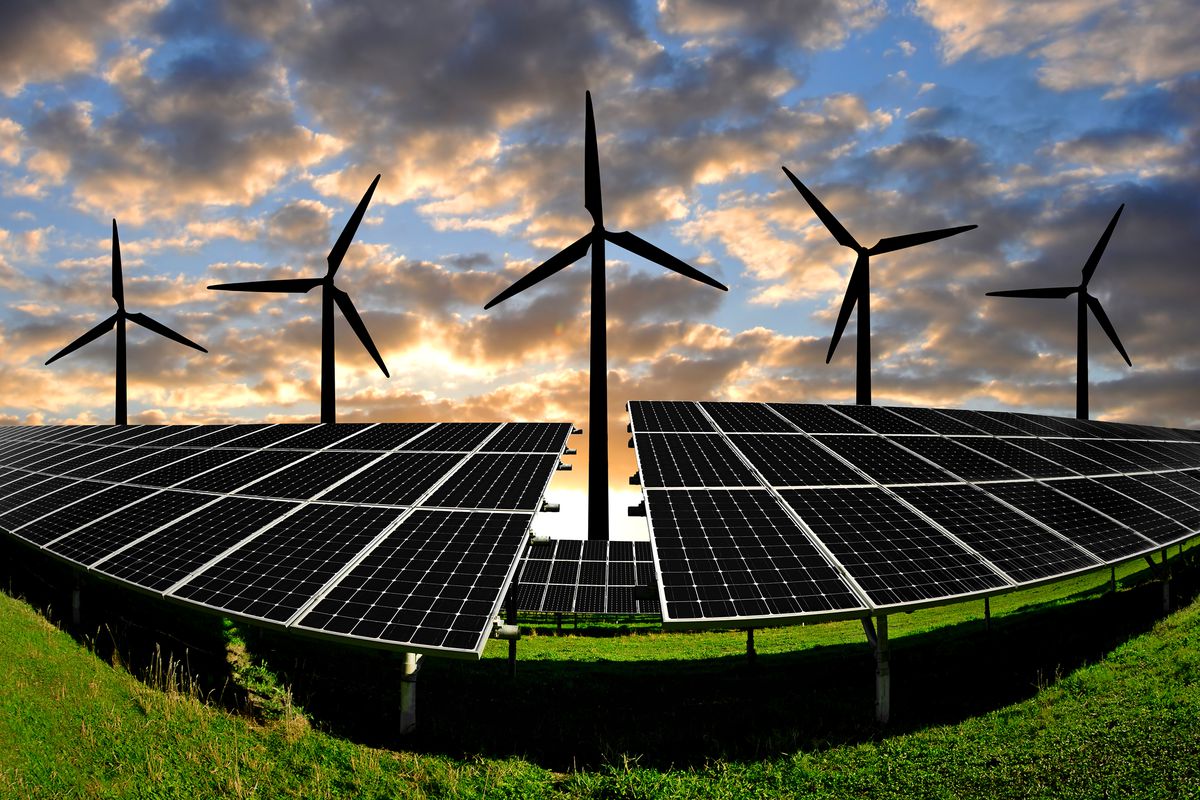
SSC Group building wind farm connected to green hydrogen plant
The Siyakhula Sonke Empowerment Corporation (SSC Group) has acknowledged that a 117 MW wind farm project, which would power a 69 MW electrolysis production plant in Jeffreys Bay, in the Eastern Cape, is in the prefeasibility stage and is nearing completion.
A capacity of 9.8 t/y of green hydrogen will be produced at the electrolysis facility. The project is the first of many on which SSC Energy plans to focus on renewable energy.
By January 2025, SSC Energy hopes to begin producing hydrogen.
Brande test facility to expand
Future expansion is possible for the Brande test facility operated by Siemens Gamesa and Uhre Wind for the manufacture of hydrogen using wind energy. Anyhow, the partners want to add 1,300 m2 to the grounds to make room for a new electrolyzer unit.
This will enable them to study the behavior of an electrolyzer and a turbine in the absence of a direct link to the power grid. However, an exemption from the district plan and a land zone authorization are needed in order to enlarge the test facility.
Gas stations in Uruguay getting ready to discharge green hydrogen
In Uruguay, gas stations are already getting ready to discharge green hydrogen with unique dispensers.
The government of Uruguay will formally acknowledge the persuasive potential of renewable energies to encourage investments in green hydrogen through a decree. The government will make it possible for anyone to invest in green hydrogen.
In this regard, hydrogen can play a crucial role in transportation, according to the specialized website Surtidores, as it will allow lowering dependence on oil and other international price formation variables and diversifying the energy source.
The locations for the supply of this new gasoline will be service stations. Due to hydrogen’s gaseous state, special dispensers that must be watertight will be used at the stations to refill green hydrogen for this purpose. Due to the high volatility of hydrogen, connections between the vehicle’s receptacle or connection point and the dispenser must be hermetically sealed. This will require, on the one hand, that businesses expand their tracks or replace some of the gasoline and diesel pumps with those that use this renewable fuel.
Green Hydrogen Producers Association holds general assembly
The general meeting of the Green Hydrogen Producers Association (H2DER) took place at the Swiss Hotel in Istanbul.
The creation and use of green hydrogen, according to Yusuf Günay, who was chosen as the chairman at the general meeting when the new board of directors and association bodies were chosen, is the most crucial phase of the green transformation.
Gunay said: “The biggest producers of both the world and our country have come together under the roof of our association. The leading companies of the renewable energy world, the experienced names of the electricity market, have joined forces for the future of the country and our children.”
Lhyfe winner at trade and investment awards in UK
At an awards ceremony held on December 1 at the British embassy in Paris, renewable green hydrogen pioneer Lhyfe took home the “clean growth” prize.
The Franco-British Trade & Investment Awards, which honor the best in French and British business, featured Lhyfe, an organization situated in the North East of England.
In order to assist regional partners in the UK in decarbonizing and advancing the country’s net zero aspirations, the global corporation Lhyfe, which has its headquarters in France, began in the country in June 2022.
In Vendée, France, Lhyfe has already opened the first offshore plant in the world that produces green hydrogen for clients. The company’s entry into the UK is the most recent move in its campaign to reduce carbon emissions. The company has a commercial pipeline reflecting a total output capacity of 9.8 GW across Europe.
Second-generation metal-hydrogen energy storage from EnerVenue
The EnerVenue Energy Storage Vessels (ESVs), a product of the company’s second generation of energy storage, has been launched.
The business continues its “pioneering” usage of metal-hydrogen energy storage as a better option than lithium-ion and other options. In 2023, EnerVenue will start shipping ESVs to clients.
In order to construct and scale their energy storage capacity, clients can stack and install the vessels with greater flexibility thanks to the new ESV solution.
The batteries are projected to last 30 years or 30,000 cycles, and customers can cycle ESVs up to three times per day without stopping.
ESVs are “extremely adjustable” and scalable, have undergone testing, and show no thermal runaway or propagation risk. They also don’t require expensive, preemptive fire suppression systems.
